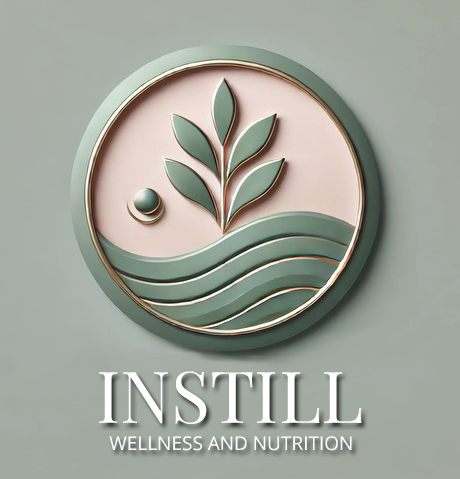While well-known minerals like calcium and iron often grab the headlines in health discussions, several lesser-known minerals are just as crucial for maintaining optimal health. Yet, these unsung heroes play pivotal roles in everything from bone health to neurological function. Here, we explore five minerals many people might not realize they may need more of, along with practical ways to incorporate them into your diet.
1. Magnesium: The Master Mineral
Often overshadowed by calcium, magnesium is like a Swiss army knife – it’s a tool your body uses for over 300 different jobs, including relaxing your muscles and nerves, keeping your heart rhythm steady, and turning the food you eat into energy. Despite its importance, studies indicate that many adults don’t get enough of this mineral(1).
How to Get More Magnesium:
Incorporate magnesium-rich foods like leafy greens, nuts, seeds, and whole grains into your diet. Soaking in a warm bath with Epsom salts and magnesium flakes also helps you get magnesium, since it can be absorbed through the skin. For those who need a supplement, magnesium glycinate offers excellent bioavailability and is gentle on the stomach.
2. Chromium: The Blood Sugar Balancer
Think of insulin as the key that unlocks your body’s cells, allowing sugar to enter and be used for energy. Chromium acts like a personal assistant to insulin, helping it work more efficiently. This is crucial for keeping your blood sugar stable, which not only helps manage your energy levels but also supports your overall metabolism (2).
How to Get More Chromium:
Broccoli, oats, and barley are good sources of chromium. Additionally, you can find chromium in fresh fruits like oranges and apples, as well as green beans.
3. Selenium: The Antioxidant Powerhouse
Selenium works like a bodyguard for your cells. As an antioxidant, it fights off free radicals, which are unstable atoms that can damage cells, causing illness and aging. Selenium is also important for making sure your thyroid gland functions correctly, which helps regulate your metabolism (3)
How to Get More Selenium:
Brazil nuts are the richest dietary source of selenium; just one nut per day can provide the daily recommended intake. Fish, turkey, and eggs also offer good amounts of selenium.
4. Manganese: The Bone Builder and Metabolizer
While calcium and vitamin D usually get all the glory for supporting bone health, manganese is equally important. It helps form bone cartilage and collagen and is also vital for wound healing (4).
How to Get More Manganese:
Whole grains, legumes, and leafy vegetables are excellent sources. A balanced diet typically covers manganese needs, but those with dietary restrictions might consider a multimineral supplement.
5. Molybdenum: Enzyme Activator
Think of molybdenum as a spark plug for your body’s engine—it helps kickstart important chemical reactions, including breaking down proteins your body doesn’t need and detoxifying harmful substances that might build up in your body (5).
How to Get More Molybdenum:
Legumes, grains, and nuts are good sources of molybdenum. Given its importance, yet relative abundance in food, dietary deficiency is rare but awareness is key.
In conclusion, ensuring adequate intake of these essential minerals can have a profound impact on your health. A diet rich in diverse nutrients supports the body’s natural processes and promotes overall well-being. While food sources are the best way to meet your nutritional needs, supplements can help fill in the gaps where diet may fall short.
References
- Rosanoff, A., Weaver, C. M., & Rude, R. K. (2012). Suboptimal magnesium status in the United States: are the health consequences underestimated? Nutrition Reviews, 70(3), 153-164. doi:10.1111/j.1753-4887.2011.00465.x
- Anderson, R. A. (1998). Chromium, glucose intolerance and diabetes. Journal of the American College of Nutrition, 17(6), 548-555. doi:10.1080/07315724.1998.10718802
- Rayman, M. P. (2012). Selenium and human health. The Lancet, 379(9822), 1256-1268. doi:10.1016/S0140-6736(11)61452-9
- Freeland-Graves, J. H., & Mousa, T. Y. (2016). Manganese: biochemistry and molecular biology. Essential Nutrients in Carcinogenesis, 69(6), 459-476.
- Hille, R., Hall, J., & Basu, P. (2014). The mononuclear molybdenum enzymes. Chemical Reviews, 114(7), 3963-4038. doi:10.1021/cr400443z


